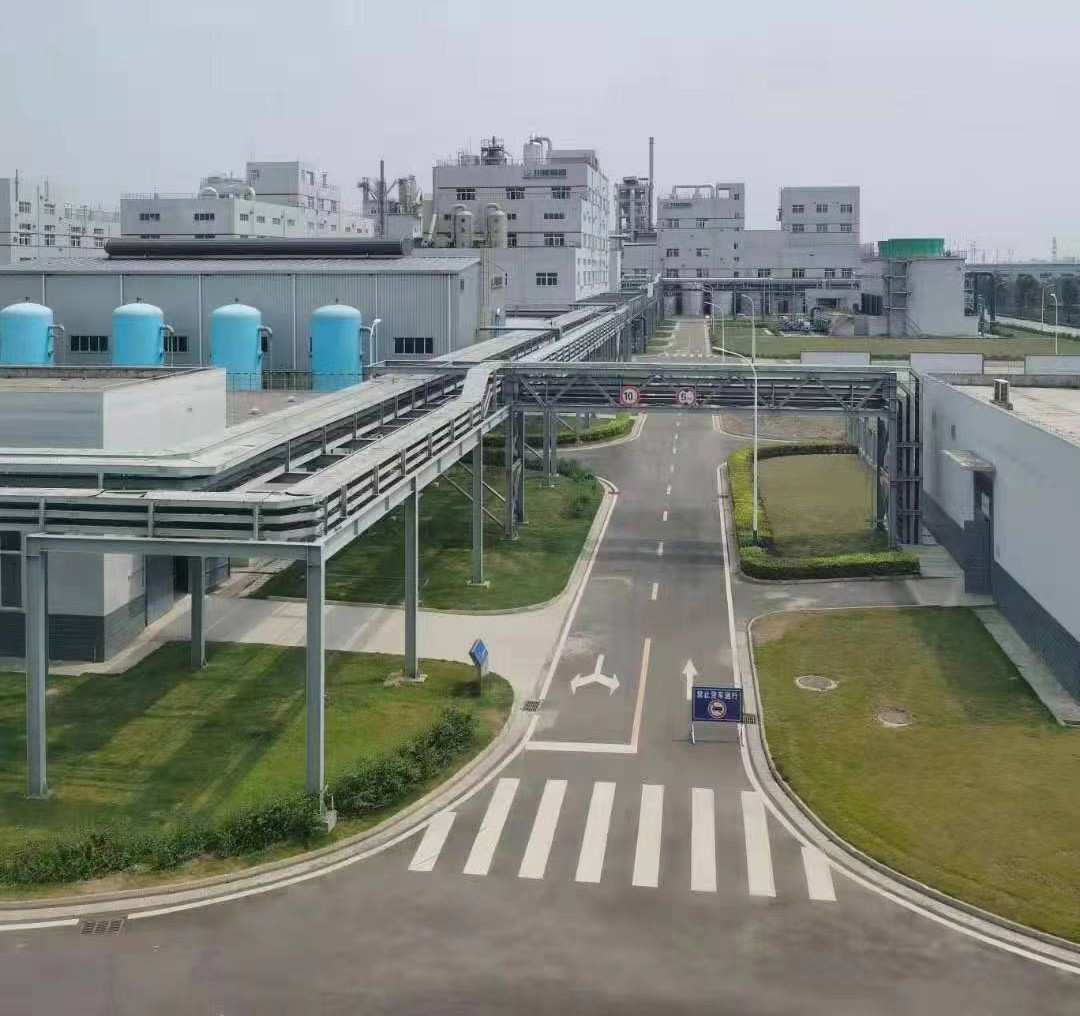Lithium-ion Battery Price Research 2023
Jan,04,24
139 USD/kWh Capacity-weighted lithium-ion battery pack price in 2023 according to Bloomberg New Energy Finance research
-14% Decrease in battery pack price compared to 2022 (in real dollar terms)
72 USD/kWh Lowest cell price recorded by research
Battery prices experienced an unprecedented rise in 2022 and have since resumed their downward trend in 2023. Bloomberg New Energy Finance's annual battery price research found that the capacity-weighted average price of lithium-ion battery packs declined to US$139/kWh in 2023, down 14% from last year. Drivers include lower raw material and component prices due to significant capacity growth in all parts of the battery value chain. Meanwhile, while demand is still growing, it may have fallen below industry expectations. Bloomberg New Energy Finance expects prices to fall by $6/kWh in 2024.
This year's price research includes 303 data points from new energy passenger cars, new energy buses, new energy commercial vehicles, two- and three-wheelers and stationary energy storage.
Price dynamics in 2023
Battery prices declined in 2023 due to lower raw material and component prices, more capacity coming on line and demand falling short of industry expectations. Major battery manufacturers reported lower factory utilization, while demand and revenues were below many companies' expectations. Battery pack prices in China reached their lowest point to date this year at $82/kWh.
Price Outlook
In 2024, lithium, nickel and cobalt prices are expected to fall further as more supply comes on stream. Based on our near-term outlook, we expect the capacity-weighted average price of battery packs to fall to $133/kWh in 2024 (in real 2023 USD terms). We continue to conduct our long-term outlook using the experience curve methodology with a learning rate of 17%.
New Energy Passenger Cars
In the new energy passenger car segment, pure electric vehicle (BEV) battery packs remain the least expensive at $128/kWh, a 13% decrease from 2022 prices. At the cell level, the average cell price for pure electric vehicles (PEVs) is $100/kWh, accounting for 78% of the total battery pack price. Plug-in hybrid electric vehicles (PHEVs) have a battery pack price of $343/kWh, which is 168% higher than the battery pack price for pure electric vehicles.
New Energy Buses and Commercial Vehicles
Battery prices for new energy buses and commercial vehicles in China differ significantly from the rest of the world. In China, the average capacity-weighted battery pack price is $100/kWh, almost half the price in the rest of the world ($186/kWh) for these segments. This difference is attributed to material system selection, order quantity, and pack (battery bank) design. China continues to dominate the new energy bus and commercial vehicle markets, and is expected to account for 78% and 63% of global levels of battery demand in these segments in 2023.
Stationary Energy Storage
The average capacity-weighted battery pack price for stationary energy storage systems is $150/kWh in 2023, down 17% from 2022. Large energy storage system suppliers and developers are now seeking to secure multi-year cell supply agreements, but are also striving for supply flexibility to benefit from low cell and battery pack prices in China amid intense competition. There is a significant price premium for overseas products compared to the price of Chinese products.
Reaching $100/kWh
Our Long-Term Outlook maintains a 17% learning rate, forecasting battery pack prices to fall below $100/kWh in 2027 (in real 2023 USD terms). While the $100/kWh price point is a useful reference and is often seen as the threshold for achieving parity between new energy vehicles and fuel vehicles, the reality of parity is more complex. Actual parity varies by region, vehicle segment, and vehicle company, and learning rates for battery pack costs can change the threshold. Fuel vehicle prices have also risen significantly since the $100/kWh price point was first used. In certain new energy vehicle segments, parity has arguably been achieved for new energy vehicles.






